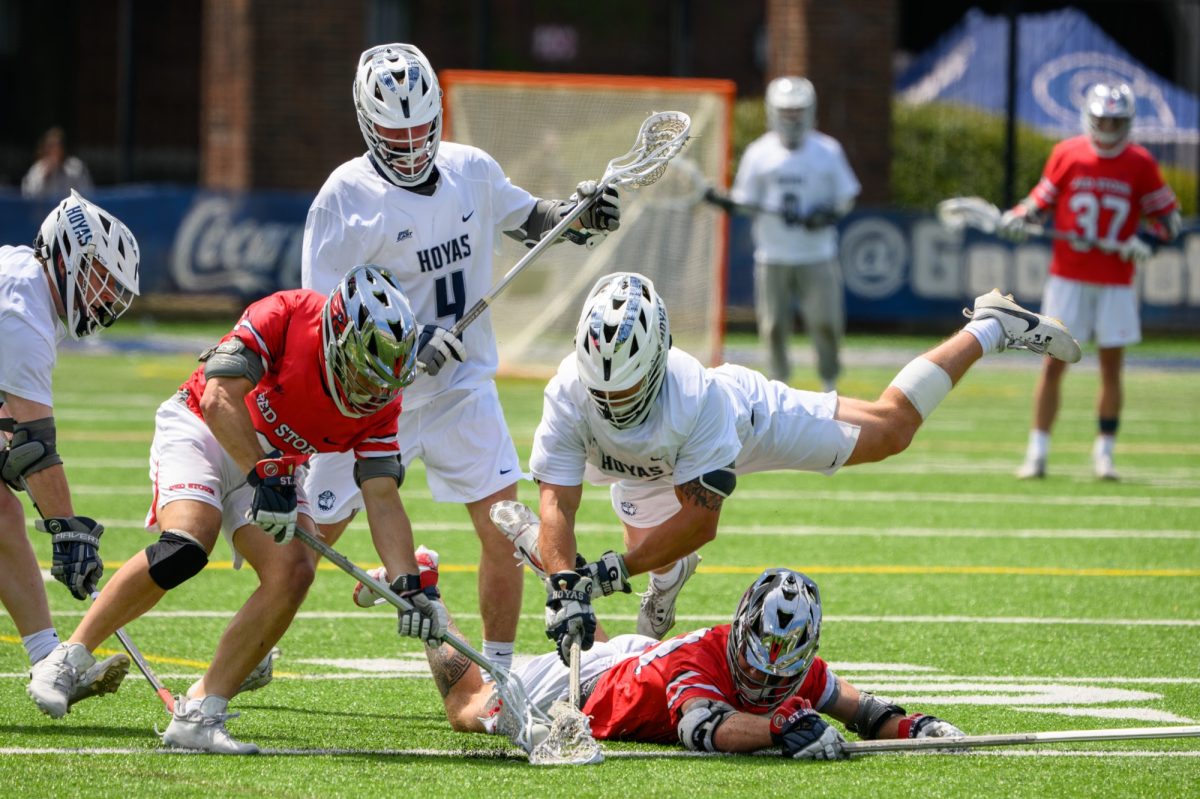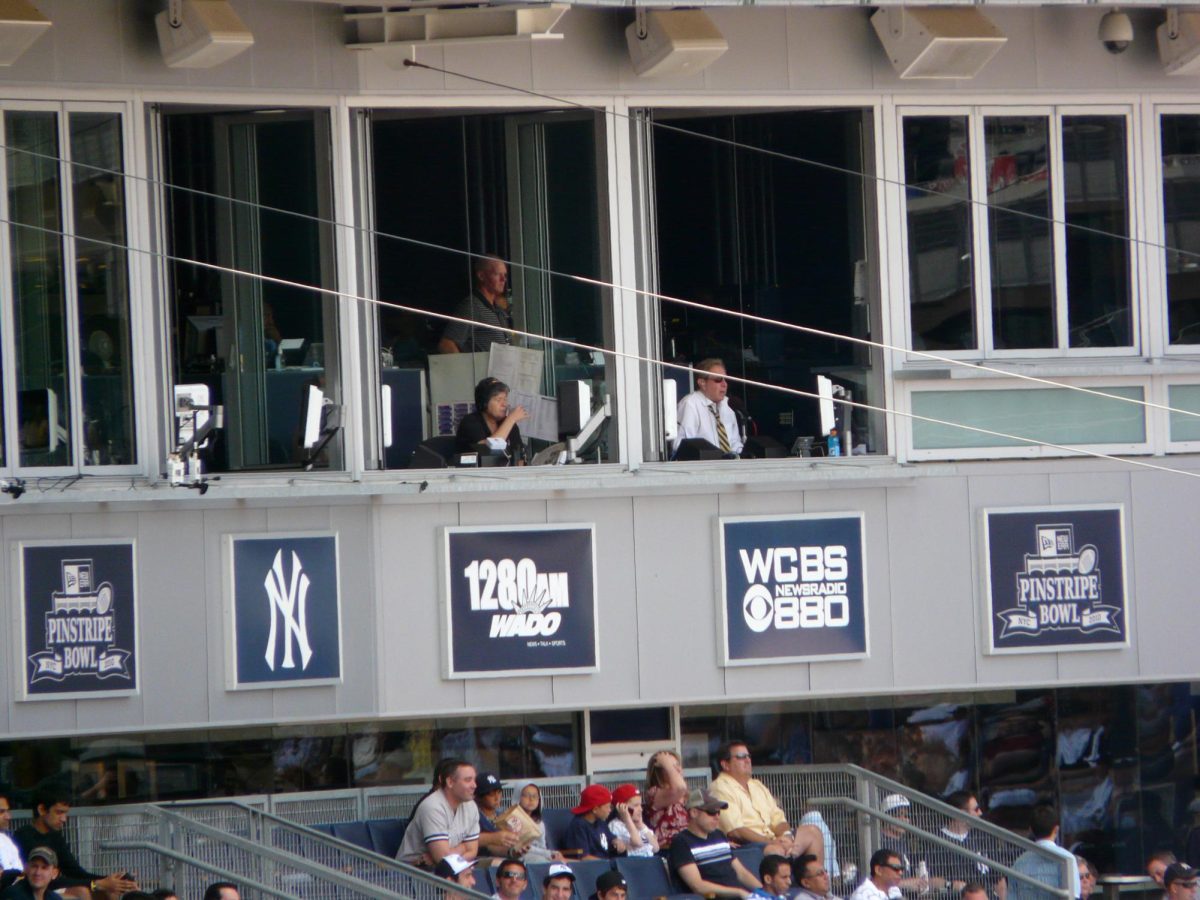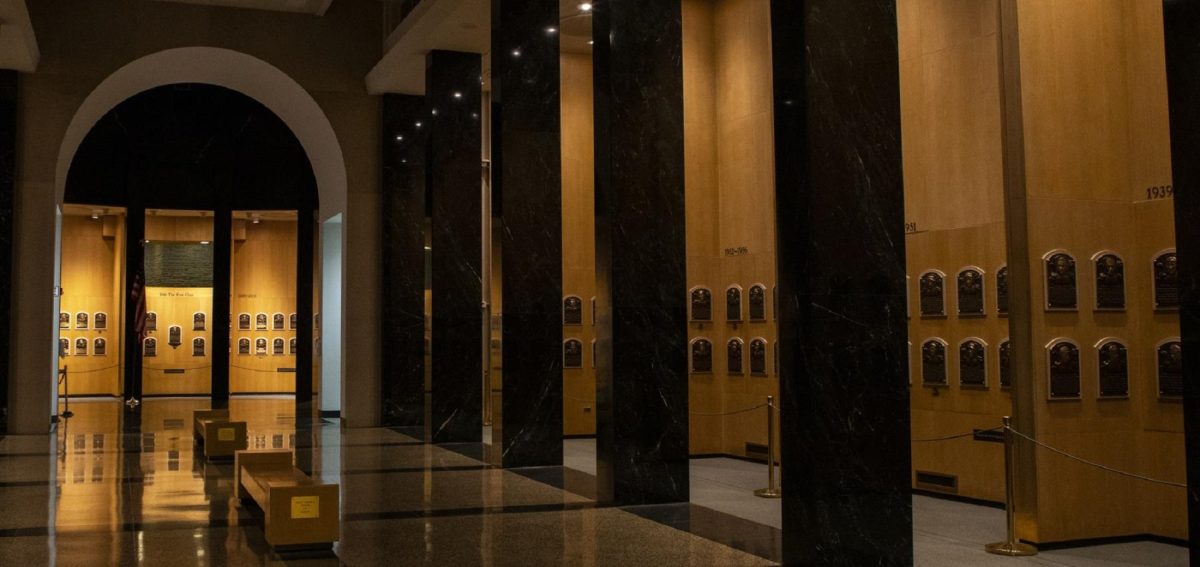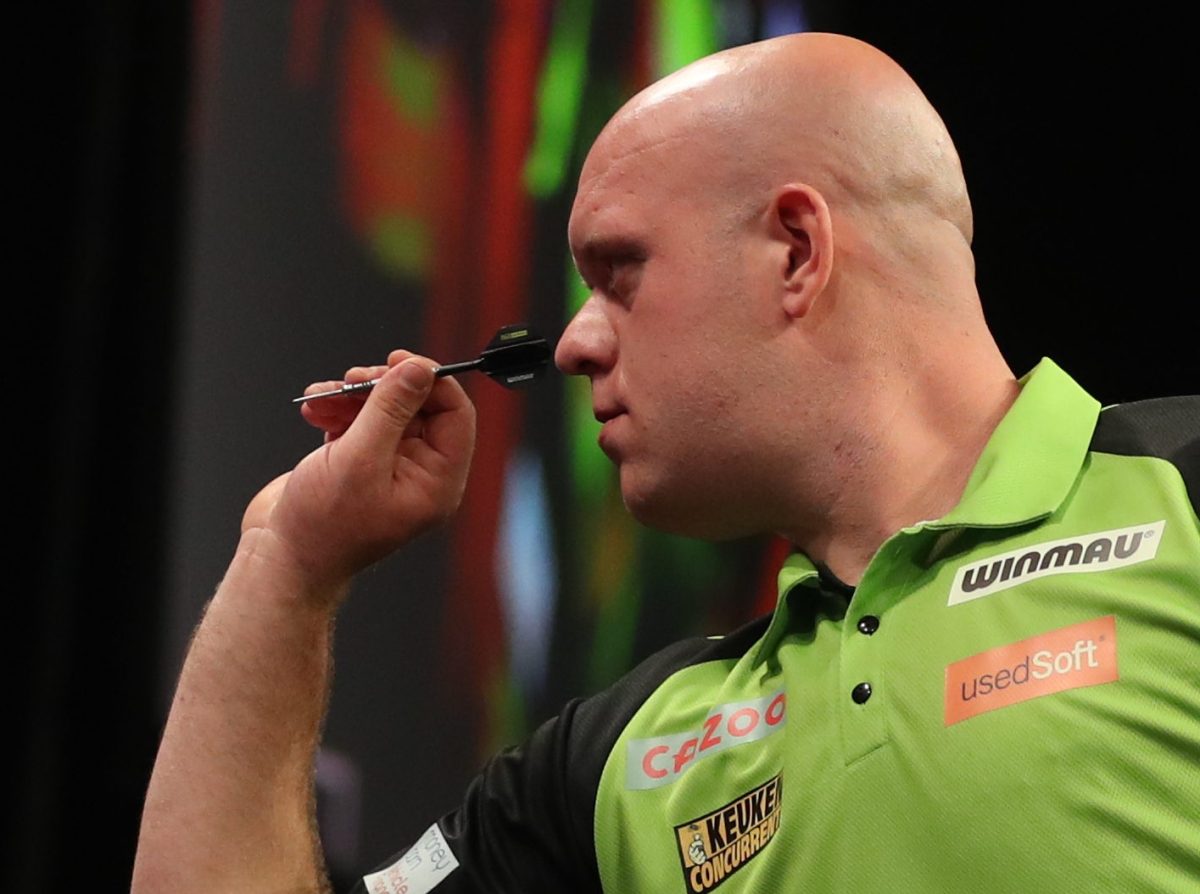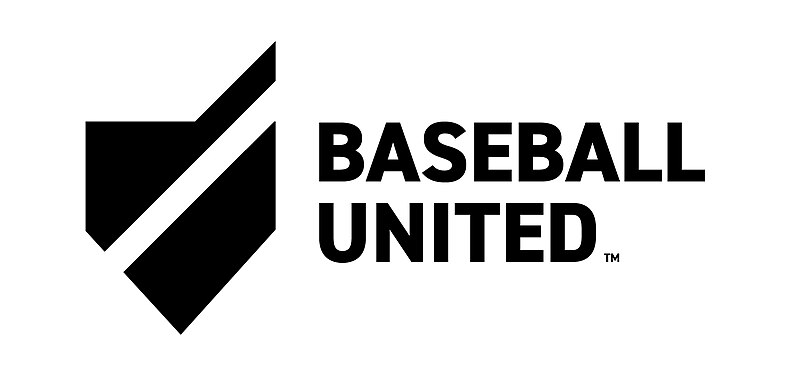“Let’s play it safe.”
This reassuring mantra brings to mind wisdom and seasoned restraint. So why does this sentence cost NFL head coaches game after game?
Football coaching doctrine essentially mandates adherence to cautious, by-the-book play calling. Without much thought, coaches know to punt on fourth down, “take the points” when in field goal range and generally not try too much funny stuff.
Let the players play, right? Indeed, coaches tacitly understand that they will be pilloried for an unconventional move gone wrong, whereas devastating acts of omission go mostly undetected. Playing it safe makes coaches themselves feel safe.
The problem is that coaching a football game properly is closer to making smart gambles in Vegas than making safe investments for retirement.
Advanced metrics collected over the past decade indicate that conventional coaching wisdom is wrong on several fronts. Explore the internet and read in extensive detail why, for example, coaches should almost never elect to punt in their opponent’s territory — the potential yardage gained by punting is slim and is far outweighed by the opportunity to score yourself!
Blogs like FiveThirtyEight have pinpointed specific game situations that call for riskier strategizing than what currently occurs, but the key to generating a paradigm shift among coaches is understanding what got them here in the first place. In other words, these individual situations are connected, and coaches must undergo an attitude adjustment to do their jobs better.
Coaches play it safe because, when between a rock and a hard place, they would greatly prefer to make errors of omission instead of errors of commission.
An error of commission is like trying a fake punt. If that goes wrong, everyone remembers; critics will say the coach lost his team the game. An error of omission is like being down seven points in the fourth quarter to a superior opponent, scoring a touchdown with seconds remaining and electing to kick an extra point to force overtime.
In this case, the coach should go for two points because his team converts those attempts at 55 percent, while going into overtime on-the-road against a superior opponent gives you far less than a 55 percent chance at winning.
Uh … a little more complicated.
Coaches rarely get called out for errors of omission. Yet errors of omission are equally costly.
It is easy to see how enticing the “Just don’t screw it up” mantra is for NFL head coaches. The culture reinforces itself by rewarding coaches who stick to the script.
Still, I’m confident that things are changing. Plenty of that change is owed to — and this is tough to admit as a diehard New York Giants fan — New England Patriots Head Coach Bill Belichick. When he is not drawing attention for his fashion-forward hoodie choices, testy media quips or dubious ethics, Belichick is reinventing NFL coaching strategy in a good way.
His odd formations, trick plays and other marvelous within-the-rulebook adaptations befuddle and frustrate other coaches, who essentially accuse Belichick of making them learn new things.
Sure, Belichick is mortal and a committer of errors of commission. He took major heat in 2009 when Peyton Manning drove the rival Indianapolis Colts to victory after a Patriots’ failed fourth down attempt —almost any other coach would have punted.
Nonetheless, Belichick’s logic was sound even if the result was undesirable, and he stuck to his guns during the postgame press conference. Now, not many question the wisdom of the five-time Super Bowl champion.
Slowly, the “Belichickian School” is catching on.
Pittsburgh Steelers Head Coach Mike Tomlin is a no-nonsense guy coaching in a no-nonsense town for a no-nonsense team. That’s why it was so incredible that last season he decided — publically and vocally — to embrace the two-point conversion with dramatic frequency.
Hope abounds. If the cocoon into which coaches retreat when “playing it safe” continues to erode, they will, so to speak, be forced out into the open — forced to think through decisions they previously did not need to. Perhaps general managers will finally start to voice as much disapproval at errors of omission as they do at errors of commission. Perhaps coaches will read books like L. Jon Wertheim’s and Tobias Moskowitz’s “Sportscasting” and wonder just how many opportunities they’ve lost from excess caution.
Or perhaps the play-it-safe doctrine is too ingrained to be displaced. Either way, here’s to more gambling, more fun and more putting players in the best position to win.
Ben Goodman is a sophomore in the School of Foreign Service. “WHAT’S THE CALL?” appears every Friday.










